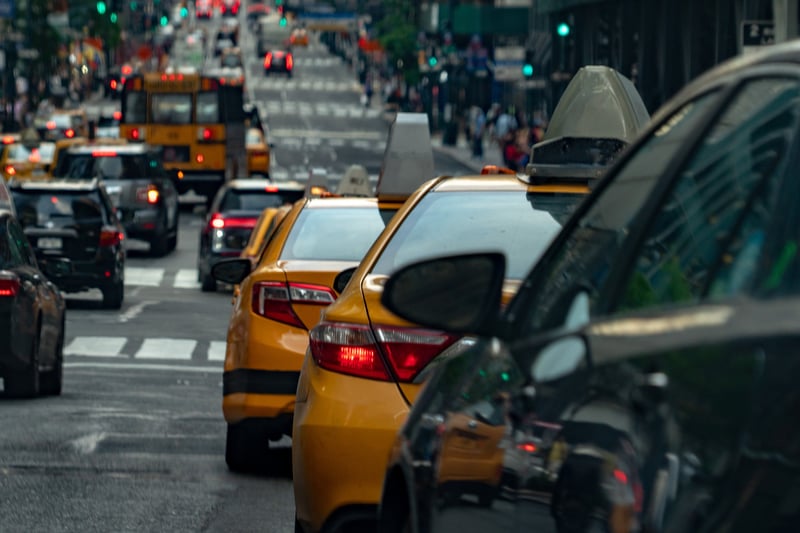Get Healthy!

- Cara Murez
- Posted March 30, 2023
Living Near Noisy Traffic Might Raise Suicide Risk
Living with a lot of transportation noise can increase your risk of suicide, new research suggests.
A study from Switzerland found that with every 10-decibel increase of average road traffic noise at home, risk for suicides rose by 4%. An association between railway noise and suicide was less pronounced.
"We used suicides as an indicator for mental health disorders as we do not have robust Swiss data on mental health diagnoses such as depression or anxiety,"said study co-author Benedikt Wicki, a PhD student at the Swiss Tropical and Public Health Institute.
"Noise increases the mental load, contributing to the development of mental disorders or worsening of preexisting conditions," he said in an institute news release.
Mental health disorders affect nearly 1 billion people worldwide, including about 1.4 million people in Switzerland. They are a leading cause of suicide, the authors noted.
In Switzerland, about 1,000 people die by suicide each year.
Past research has linked environmental factors like air pollution or noise to adverse health effects such as cardiovascular diseases and general well-being, but robust evidence on the effects of transportation noise on mental health disorders remains scarce, according to the study.
Biological mechanisms explaining why noise impacts mental health include sleep disturbance, increased levels of stress hormones, changes in brain function or a sense of loss of control.
"Our brain registers noise as a sign of a potential threat and activates a 'fight-or-flight' response. Constant transportation noise at your home can make you agitated and unable to cope with stress,"said co-author Danielle Vienneau, a Swiss TPH researcher.
The researchers analyzed data from 5.1 million teens and adults ages 15 and up in the Swiss National Cohort from 2001 to 2015.
They also included noise exposure data from transportation sources including road traffic, railways and aircraft, available for all households in 2001 and in 2011. The authors assigned this noise data to the study participants based on their place of residence.
While the researchers found only an association, the results linking noise levels and suicide were robust even after adjusting for exposure to air pollution, the amount of greenness around homes and multiple socioeconomic indicators, according to the study.
The authors said the study underscores the importance of addressing the health impacts of transportation noise, air pollution and greenness in urban planning and public health policies.
The study was published March 29 in the journal Environmental Health Perspectives. It was funded by the Swiss National Science Foundation.
More information
The U.S. Environmental Protection Agency has more on noise pollution.
SOURCE: Swiss Tropical and Public Health Institute, news release, March 29, 2023






